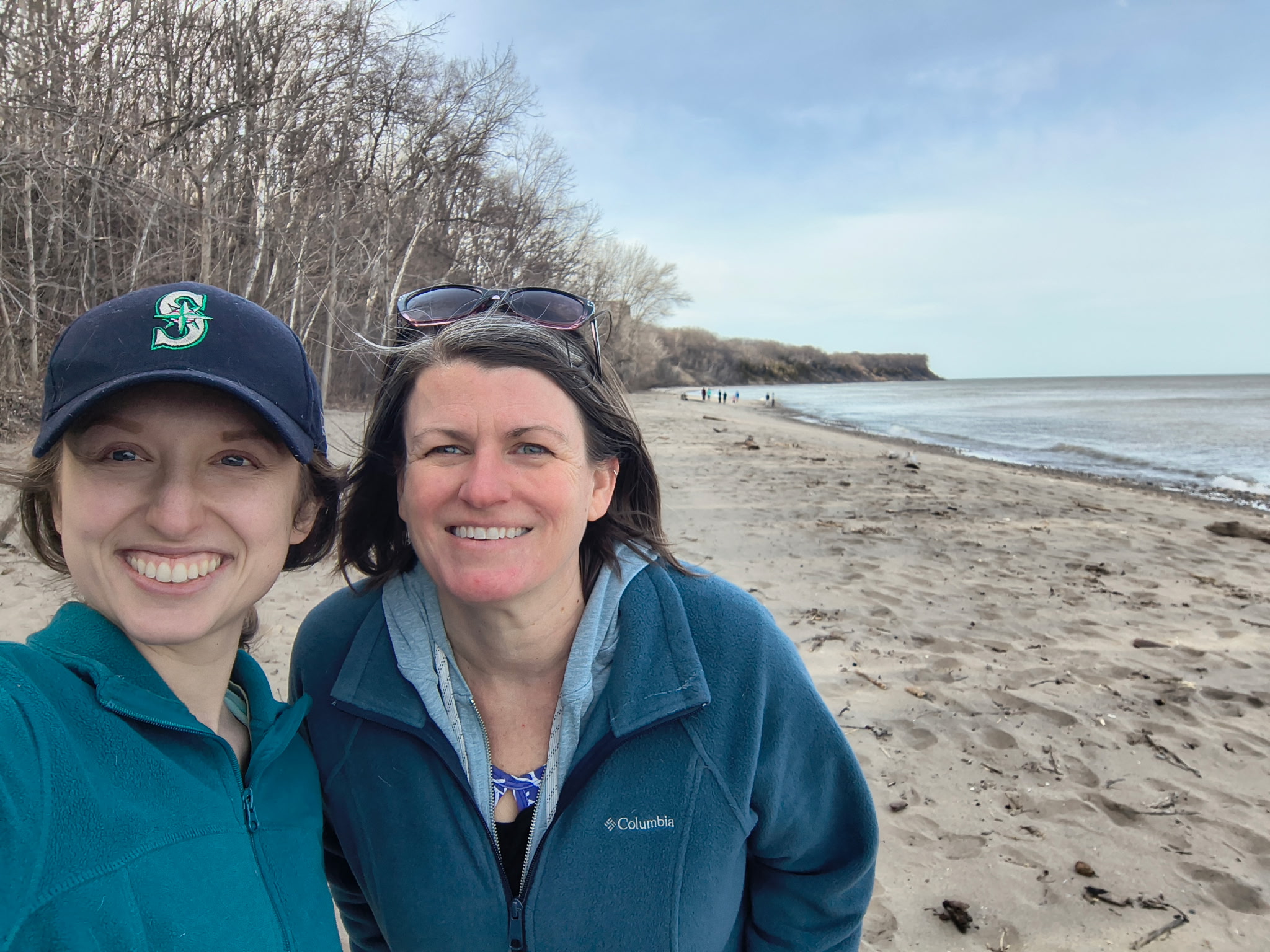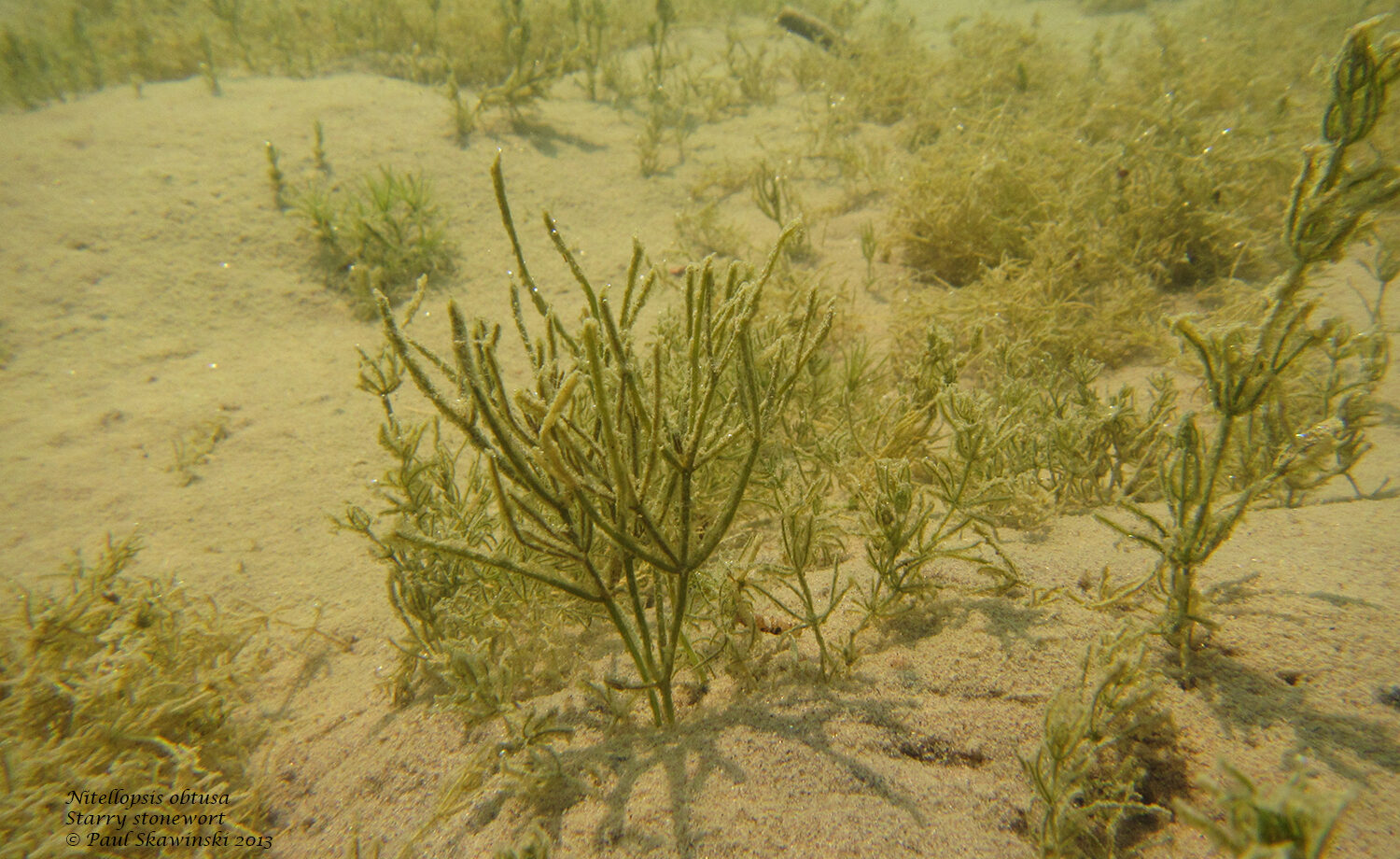On June 10, two Wisconsin school teachers and selected elementary and middle school students will get a first-hand view of high-tech tools involved in Lake Michigan science.
They will be going out with staff from the National Oceanic and Atmospheric Administration (NOAA) Office of National Marine Sanctuaries (ONMS), the National Centers for Coastal Ocean Science (NCCOS), the Adler Planetarium, and Wisconsin Sea Grant on the 50-foot research vessel, Storm, from Manitowoc.
They’ll be learning about the technology used to map the lakebed. They will explore a shipwreck with a remotely operated vehicle, and even learn about equipment that could be used to search for a fallen meteor.
“It’s a chance to get the teachers and students out on the water to see what researchers do,” said Kathy Kline, education outreach specialist for Wisconsin Sea Grant.
The teachers are Lynn Kurth from Prairie River Middle School in Merrill and Anthony Rosero from Trowbridge Elementary School in Milwaukee. They will each bring along two students who have shown an interest in aquatic science.
The shipwreck is the Francis Hinton, a wooden steamer that sunk during a November storm in 1909 in 15 feet of water. The meteorite plunged into Lake Michigan in the early morning hours of February 6, 2017, creating a fireball that was documented on vehicle dashcams in Wisconsin, Michigan, Illinois and Indiana.
The R/V Storm is in Lake Michigan for a two-week mission to explore the underwater environment and map the lakebed in support of the proposed Wisconsin-Lake Michigan National Marine Sanctuary. NOAA scientists from NCCOS, ONMS and the Great Lakes Environmental Research Laboratory are collaborating during this and other missions to improve understanding of Lake Michigan’s maritime heritage and natural environment. The data will be used by cultural and natural resource managers, and university scientists.
Also on the boat will be Russ Green, regional coordinator of the proposed Wisconsin-Lake Michigan National Marine Sanctuary, Charles Menza, project lead and spatial ecologist with NCCOS, Chris Bresky, STEAM Teen Programs Specialist with the Adler Planetarium, Will Sautter, marine GIS analyst with NCOOS, Kline, and James Grandt, Wisconsin Sea Grant information systems engineer.
Grandt will be aboard to provide technical expertise for a remotely operated vehicle (ROV) that Kurth will test run off the boat with plans to use it as part of a free ROV loan program for teachers.
The boat trip, sponsored by Sea Grant and ONMS, leaves at 10:30 a.m. from the Wisconsin Maritime Museum, and will be documented on the OpenExplorer site.





